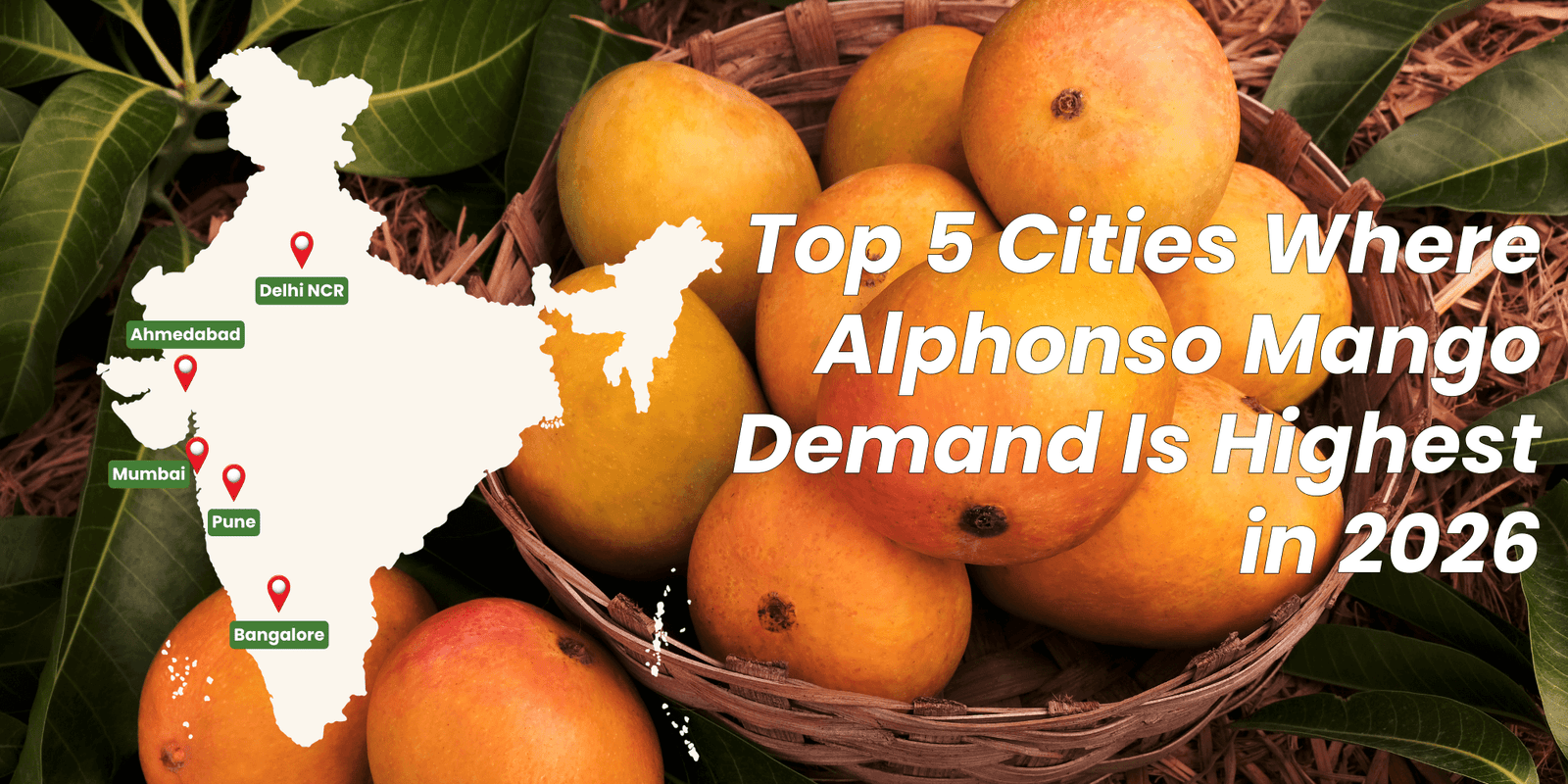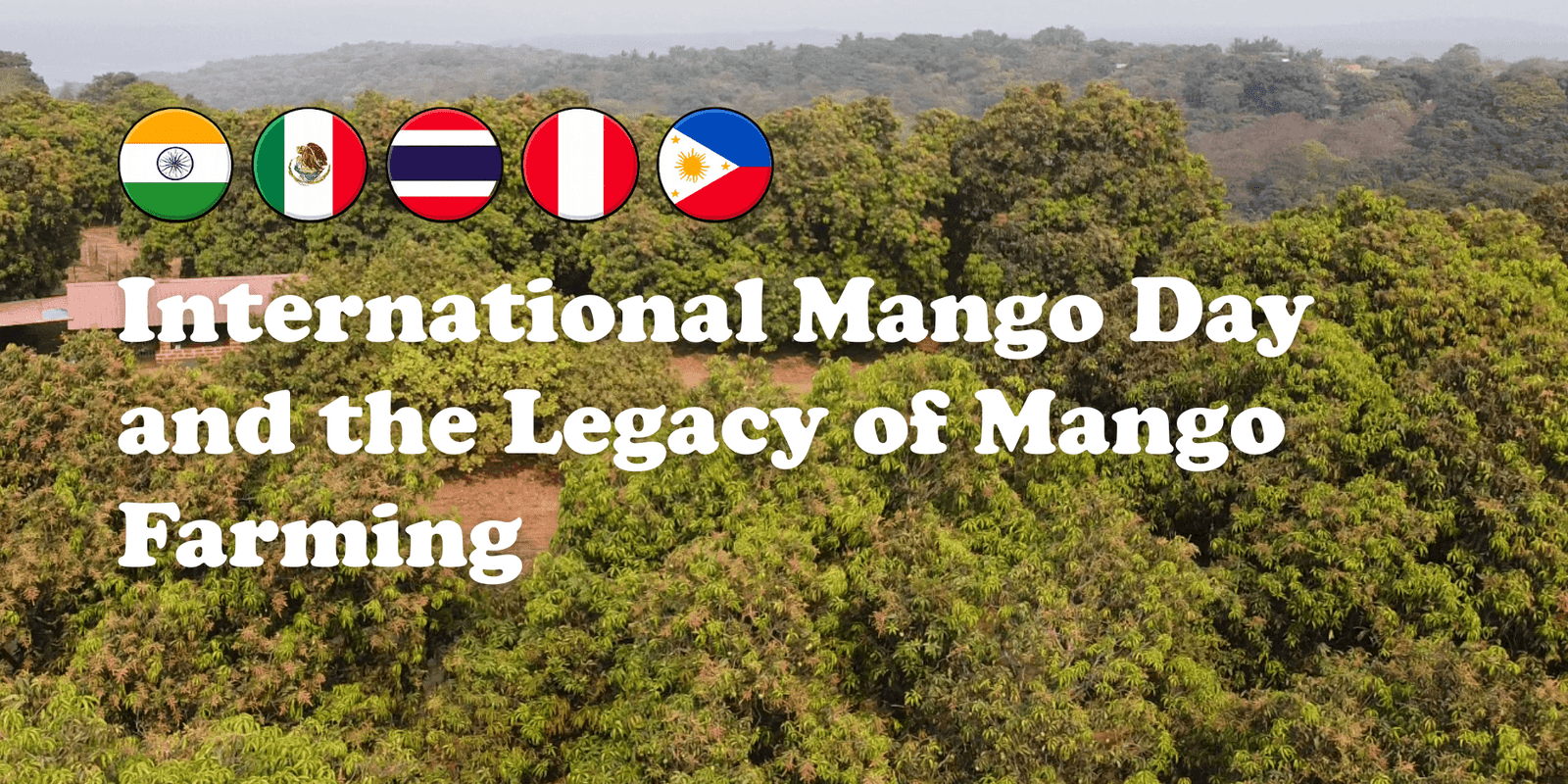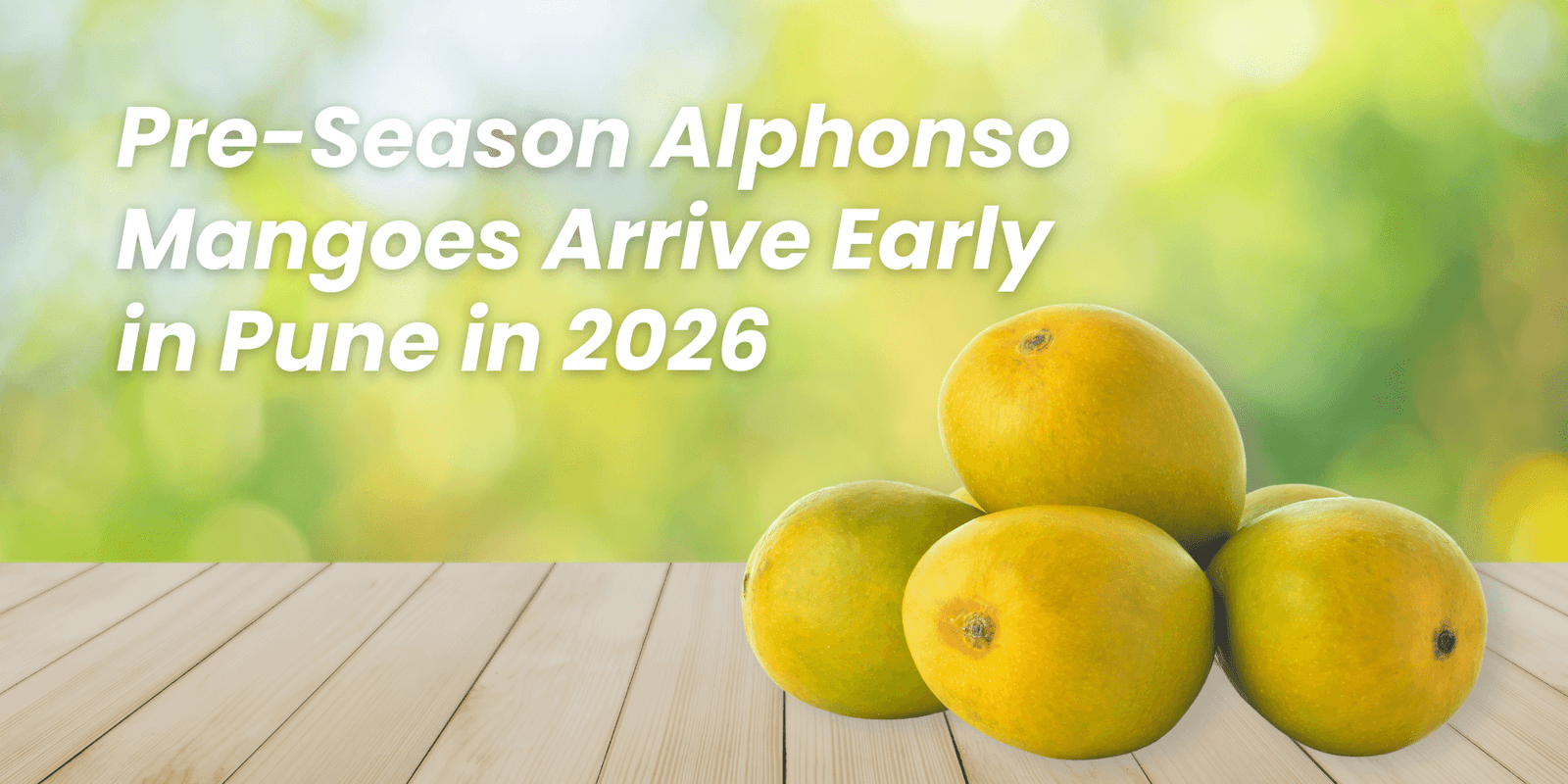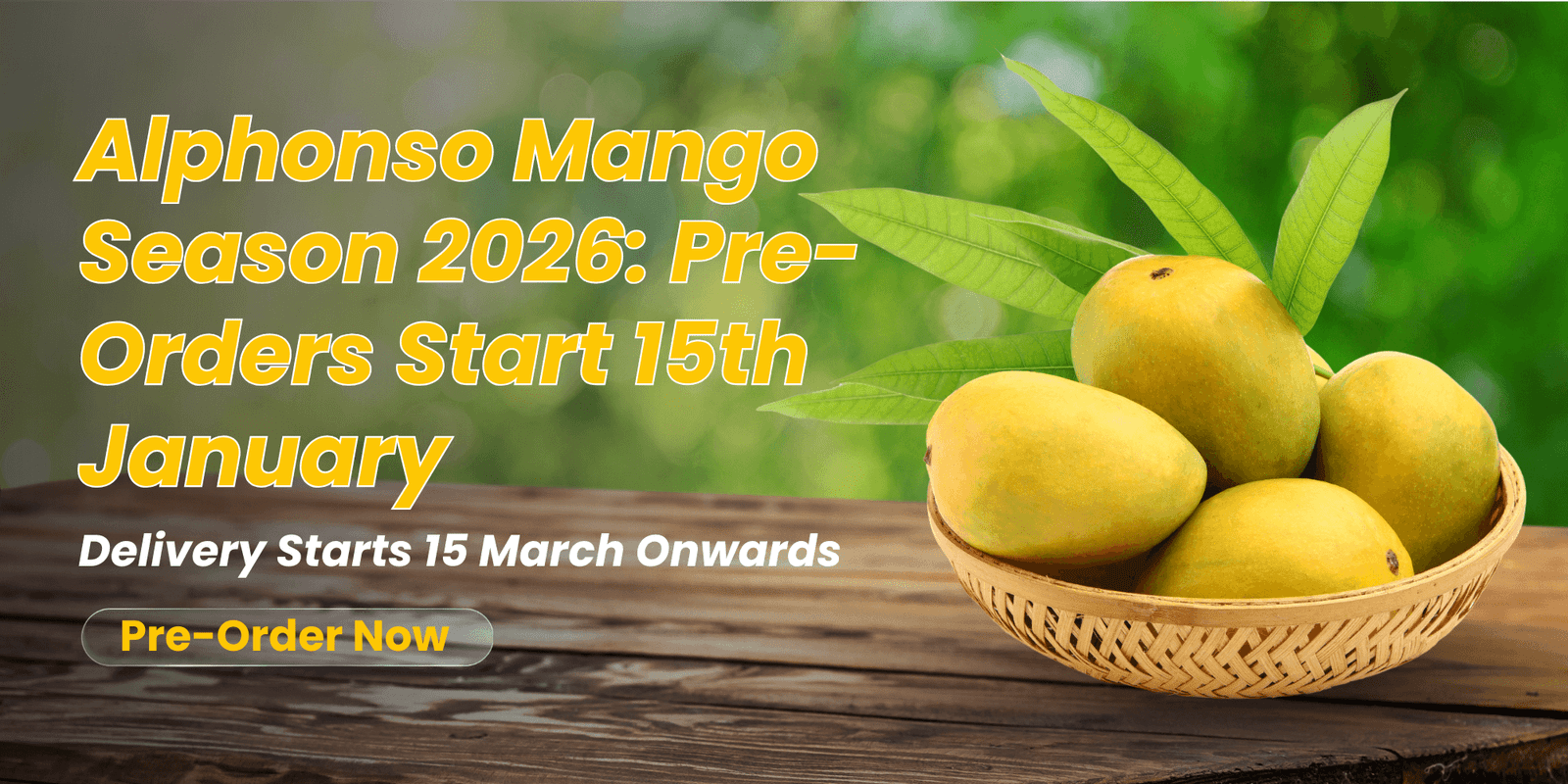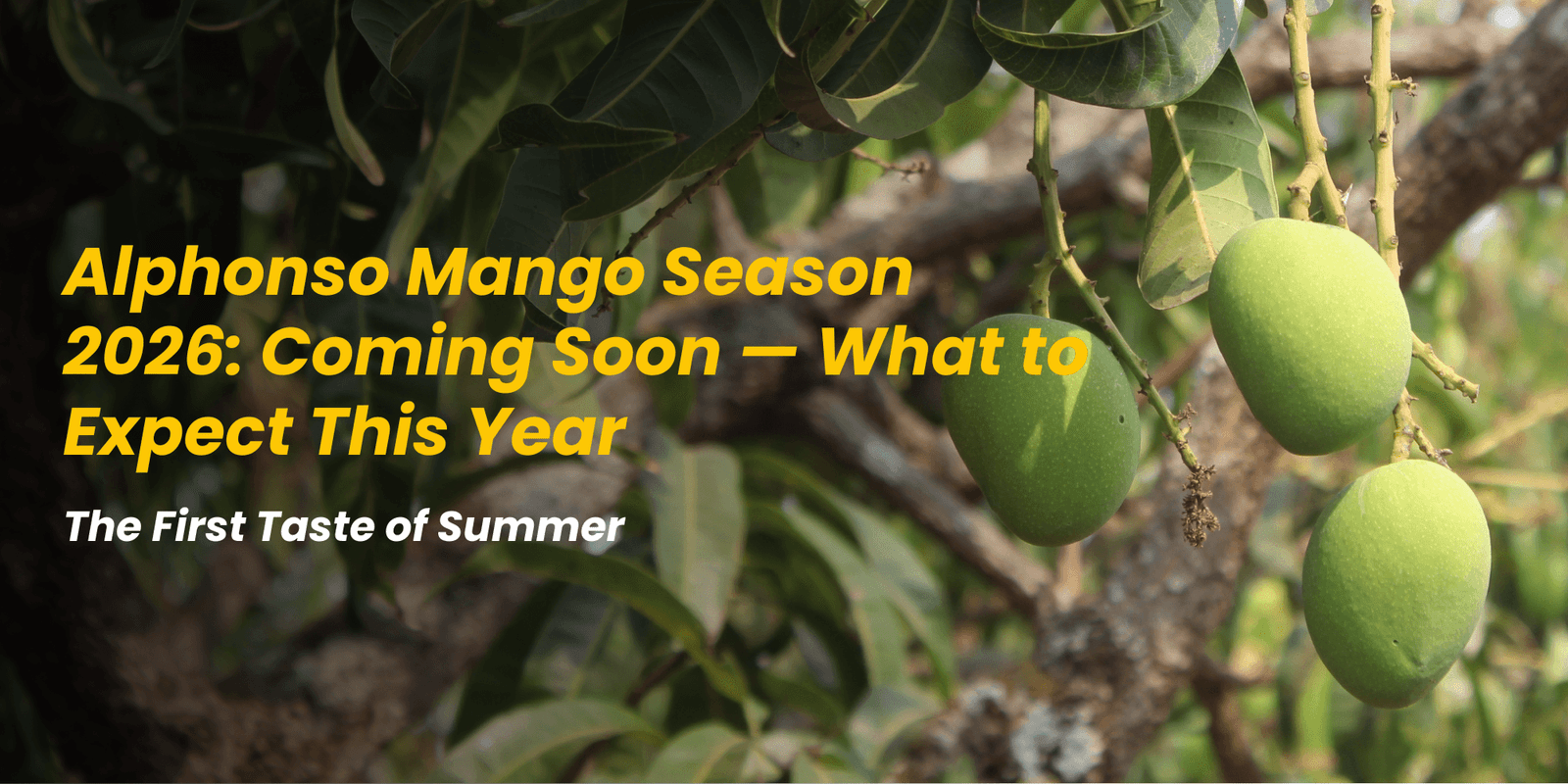Alphonso Mango 2026 Is Selling Faster Than Expected — Here’s What’s Happening
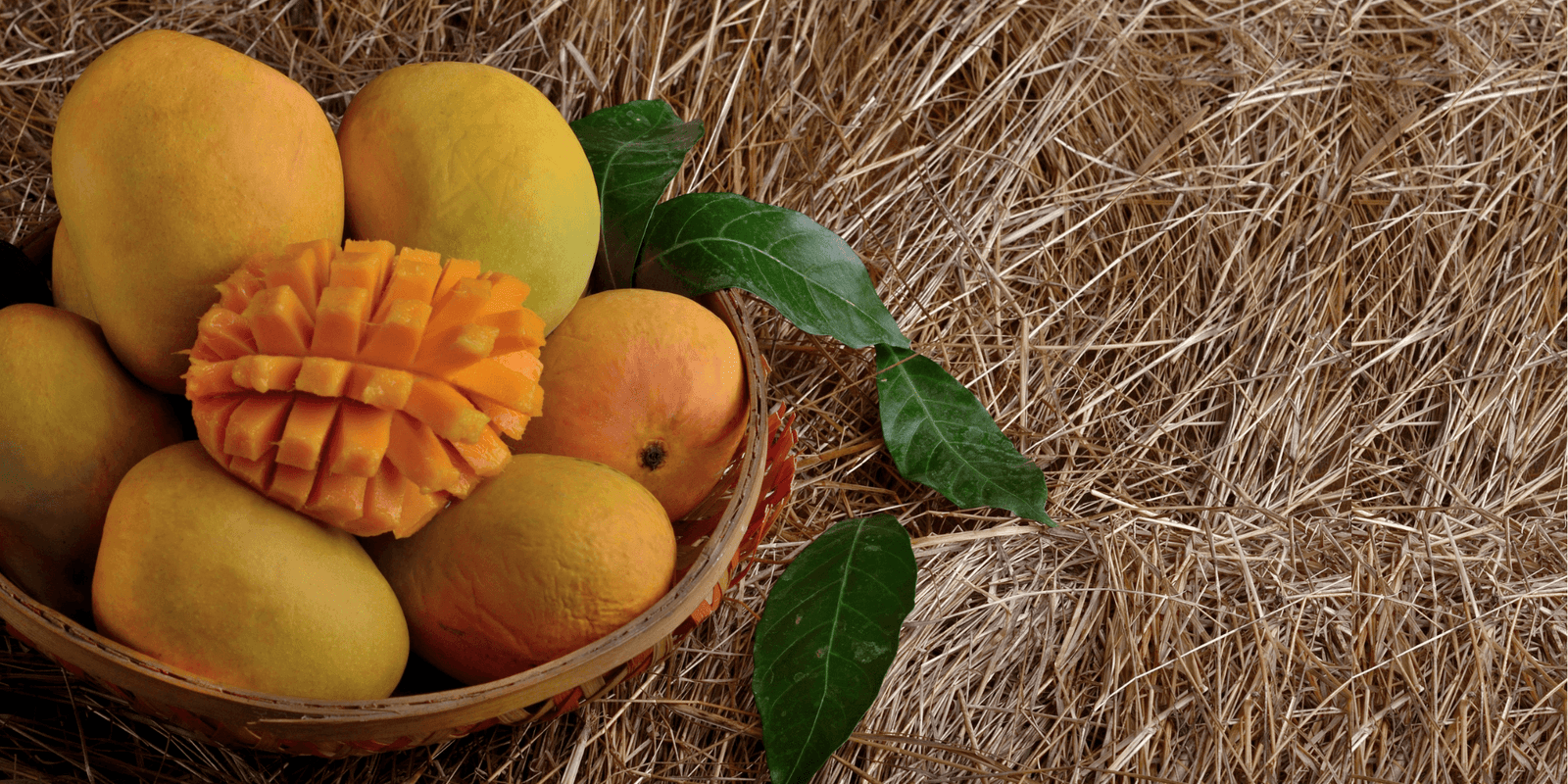
Alphonso Mango 2026 Is Selling Faster Than Expected — Here’s What’s Happening. Even before peak harvest begins, Alphonso mango demand is already heating up across India. Buyers are not waiting this year. Early inquiries, advance reservations, and premium gift orders are rising faster than expected.
The iconic Alphonso mango, especially from Ratnagiri, is seeing strong traction weeks ahead of full-season supply.
So what’s driving this early surge?
Alphonso Mango 2026 Is Selling Faster
1. Buyers Are Booking Before Peak Season
A clear shift is visible in 2026 — customers are planning early.
Instead of waiting for markets to fill up:
- Families are reserving boxes in advance
- Repeat buyers are locking in early harvest batches
- Premium consumers are avoiding last-minute rush
Seasonal awareness has increased. Customers understand that first-harvest Alphonso is limited and often preferred for its freshness and natural sweetness.
2. Alphonso Is Now a Pan-India Premium Fruit
What was once mainly a Maharashtra specialty is now reaching:
- Delhi
- Bangalore
- Hyderabad
- Chennai
- Kolkata
- Tier-2 & Tier-3 cities
Improved packaging and faster logistics networks have transformed Alphonso into a truly nationwide seasonal premium product.
The fruit that once required personal travel to Mumbai markets is now reaching doorsteps across India.
3. Luxury Gifting Demand Is Rising
Alphonso mango is no longer just a fruit — it’s a summer statement.
2026 trends show growing demand for:
- Premium wooden boxes
- Corporate gifting orders
- Festive hampers
- Curated seasonal gift packs
For many businesses, sending Alphonso mangoes has become a premium relationship gesture.
4. Origin Matters More Than Ever
Consumers are asking smarter questions this year:
- Is it original Ratnagiri?
- Is it naturally ripened?
- Is it GI-certified?
The awareness around GI protection has made buyers more selective. Authentic origin now directly influences purchasing decisions.
This shift benefits farm-direct and transparent sourcing models.
5. Online Mango Buying Is Becoming the Norm
Digital mango commerce has matured significantly.
Customers now:
- Compare sellers online
- Check sourcing claims
- Read reviews
- Book directly from websites
The 2026 season shows stronger digital confidence compared to previous years.
6. Global Interest Remains Strong
Indian communities abroad continue to drive steady demand for Alphonso exports.
Export-compliant packaging and structured supply chains have strengthened international acceptance of Ratnagiri Alphonso.
Why 2026 Feels Different
Compared to past seasons, this year reflects:
✔ Earlier consumer planning
✔ Stronger premium positioning
✔ Nationwide delivery growth
✔ Increased gifting culture
✔ Higher digital buying confidence
Alphonso is no longer just a seasonal fruit — it has evolved into a premium lifestyle purchase.
The Bottom Line
As orchards in Konkan move closer to full harvest, one thing is clear: Alphonso mango season 2026 is starting with strong momentum.
With early bookings rising and nationwide delivery expanding, this year’s demand curve is building before peak supply even hits the market.
Summer hasn’t fully arrived yet — but Alphonso anticipation already has.

